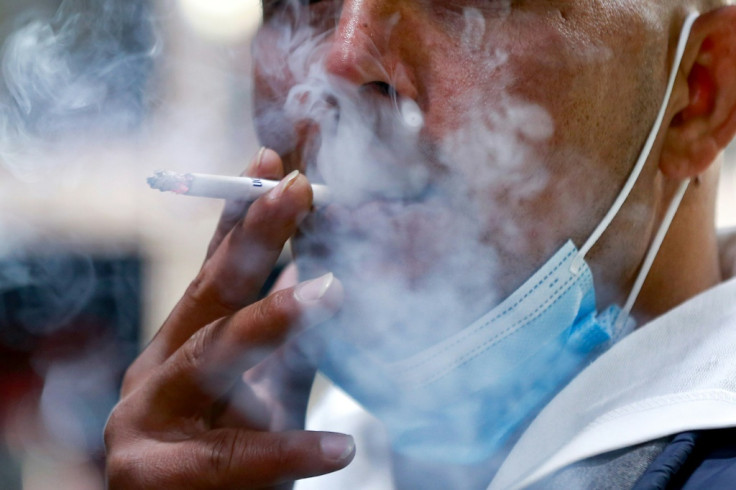WHO Wants Govts To Crack Down On Four Industries Responsible For 2.7M Deaths Yearly In Europe
The 53 states of Europe account for more than 7,400 deaths every day

In a recent report, the World Health Organisation (WHO) has called on governments to implement stricter regulations on products that endanger people's health. The report accuses large corporations of triggering illness and early death through "misleading" marketing and interference with government initiatives aimed at preventing deadly conditions such as diabetes, heart disease, and cancer.
According to the latest analysis, the 53 states of Europe account for more than 7,400 deaths every day, attributed to alcohol, fossil fuels, tobacco, and ultra-processed foods (UPFs). These four industries are responsible for 2.7 million deaths in Europe each year, equating to roughly 25 per cent (24.5%) of all fatalities.
The Harm of Big Industries
The findings of the UN Health Agency reflect an unprecedented assault on the enormous harm that large companies and their goods are causing to human health. The report describes how "big industries" stall and hinder population health strategies to increase profits through capitalism.
"A small number of transnational corporations ... wield significant power over the political and legal contexts in which they operate and obstruct public interest regulations which could impact their profit margins," the WHO stated.
"Industry tactics include exploitation of vulnerable people through targeted marketing strategies, misleading consumers, and making false claims about the benefits of their products or their environmental credentials," added Dr Hans Henri P Kluge, the regional director of WHO for Europe.
Dr Kluge emphasised that the detrimental tactics used by "major commercial industries" are undermining efforts to lower the three leading causes of preventable illness: obesity, alcohol consumption, and smoking.
Staggering Statistics
Last year's findings, included in the report, showed that 34 per cent of all deaths worldwide, amounting to 19 million deaths per year, were related to alcohol, tobacco, processed foods and beverages, or fossil fuels. According to WHO estimates, tobacco use causes over a million deaths annually in Europe, equivalent to 10 per cent of all deaths. Fossil fuels account for about 600,000 (578,908) deaths annually, or 5 per cent of all deaths. Alcohol, on the other hand, accounts for over 400,000 deaths annually (426,857).
Moreover, excessive consumption of processed meat, sugar-filled beverages, and fatty, salty foods kills over 350,000 people annually. To lower their risk of developing such conditions, the WHO report recommends minimising alcohol use and adopting a diet that is primarily plant-based, as advised by the World Cancer Research Fund.
Failing to Meet Goals
Europe is also not on track to achieve the sustainable development goals set out by the UN, which include reducing smoking among adults over the age of 15 by 30 per cent and slowing the growth in obesity. Despite health experts exposing the dangers of such products, measures to make harmful items less tempting through plain packaging, alcohol pricing, and food labelling have not been universally implemented. Only a minority of European countries have banned smoking in public areas. More alcohol is consumed across the 50 European nations than in any other region in the world, the WHO revealed.
The Need for Regulation
"With the notable exception of tobacco marketing laws that have been adopted in many countries, global efforts to regulate harmful marketing have, at best, been underwhelming," the WHO stated. "While legal measures regulating alcohol and unhealthy food marketing exist in several countries across the WHO European region and worldwide, these are often narrow in scope, focused on specific media or settings, certain population groups or on specific marketing techniques, and therefore confer insufficient protection."
Urgent Call to Action
Concluding the report, the WHO urged governments throughout Europe to prioritise public health in trade agreements and economic laws, implement significantly stricter regulations on the marketing of health-harming products, and stop monopoly schemes and propaganda. The organisation stressed the importance of comprehensive strategies to counteract the harmful influence of these industries on public health.
© Copyright IBTimes 2025. All rights reserved.





















